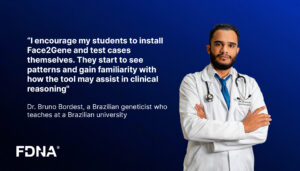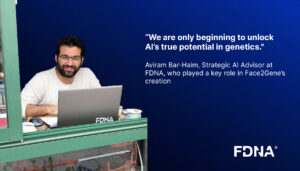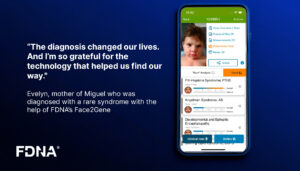February 12, 2016
Aimé Lumaka, Rita Lukoo, Gerrye Mubungu, Paul Lumbala, Gloire Mbayabo, Aimée Mupuala, Prosper Lukusa Tshilobo and Koenraad Devriendt,
Williams–Beuren syndrome: pitfalls for diagnosis in limited resources setting. Clinical Case Reports 2016; 4(3): 294–297.
Key Clinical Message
Patients with Williams–Beuren Syndrome can be recognized clinically, given the characteristic dysmorphism, intellectual disability, and behavior. We report on a Congolese boy with typical WBS facial characteristics. He suffered meningitis and coma at the age of 2 years and then subsequently presented with profound intellectual disability and atypical behavior. The WBS was only made at age 8.2 years and confirmed with FISH testing and microarray-CGH. The present report aims to warn clinicians that infections may associate and/or modify a genetic disease as this may be observed in developing countries given the prevalence of infectious diseases.


